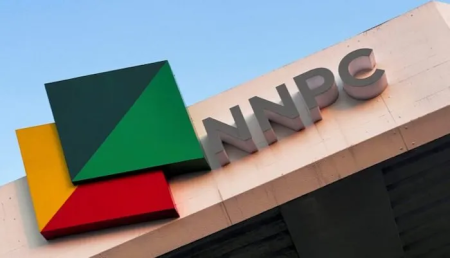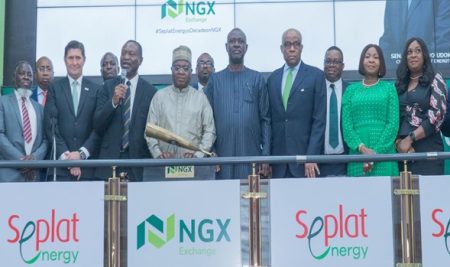
Ibe Kachikwu
13 May 2016, Abuja — The Minister of State for Petroleum, Ibe Kachikwu, has been busy in the last 24 hours explaining the rationale for the new petroleum products supply and pricing framework introduced by the federal government on Wednesday.
Unavailability of Forex and Inability to open letter of credit has forced marketers to stop product importation and imposed over 90% supply on NNPC since October 2015 in contrast to the past where NNPC supplies ~48% of the national requirement.
NNPC does not have the resources for and is not designed to meet this increase in supply, this has resulted in the current fuel situation across the country.
NNPC has continued to utilise crude oil volumes outside the 445,000 barrels/day thereby creating major funding and remittance gaps into the Federation account
There is no provision for subsidy in 2016 Appropriation. As at today, the current PMS price of N86.50 gives an estimated subsidy claim of N13.7 per litre which translates to N16.4 Bn monthly. There is no funding nor appropriation to cover this.
Renewed insurgency and pipeline vandalism in the Niger Delta has drastically reduced national crude oil production to 1.65 million barrels per day as at today against 2.2 million barrels per day planned in the 2016 budget, further reducing income to Federation account and also affecting crude volumes for PMS conversion and impacting FG’s forex earnings.
Resultant Fuel scarcity has created an abnormal increase in price resulting in Nigerians paying averages of N150 – N300 per litre as prevalent hoarding, smuggling and diversion of products has reduced volumes made available to Citizens.
In the absence of available forex lines or crude volumes to continue massive importation of PMS, it is clear that unless immediate action is taken to liberalise the petroleum supply and distribution, the queues will persist, diversion will worsen and the current prices will spiral out of control.
Benefits of The New Framework
· Permanently eliminates subsidy payments (~N1Tn in 2015, ~16.5Bn April – Date)
· Ensures 100% FAAC payment on allocated 445,000 bpd and potential additional revenue stream which can be tailored towards palliatives
· Solves fuel scarcity crisis by ensuring availability of products at all locations of the country
· Ensures market stability and Improves fuel supply situation through private sector participation
· Reduces hoarding, smuggling and diversion substantially and stabilise price at the actual product price
· Encourages Investments in both Refineries and Retails (potential $2 -3 Bn in 2016)
· Stabilizes economic fundamentals and allows access to Development Loans etc.
· Creates Labour market stability (will potentially create additional 200,000 jobs through new investments and prevent potential loss of nearly 400,000 jobs in existing investments).
· Provides Government more revenue to address social and infrastructural needs of the country.
Immediate Solutions
· Free out private marketers and any Nigerian entity willing to supply PMS to source for their Forex exchange and import PMS to ensure availability of products in all locations of the country.
· All Products will be sold within the recommended PPPRA price band to be reviewed periodically.
· PPPRA and DPR will be further empowered to ensure a level playing ground , strict compliance with market rules by all stakeholders and consumer protection.
*Premium Times



